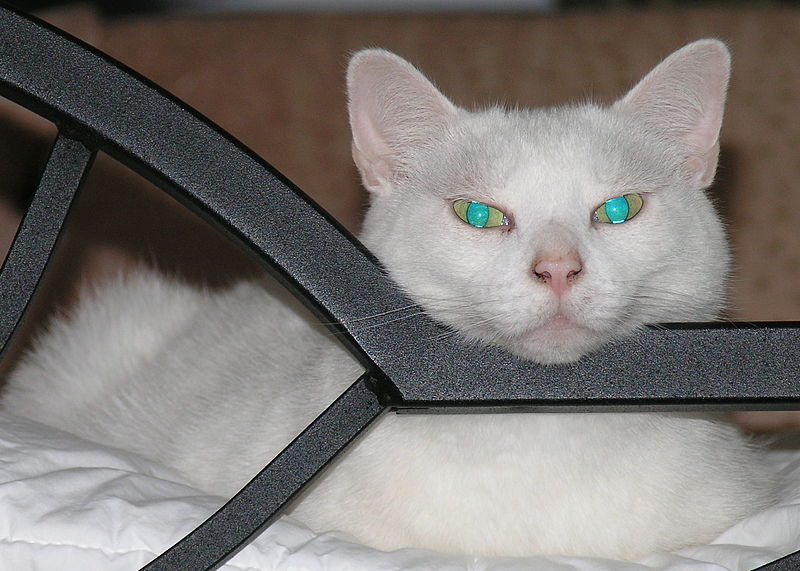InBio makes strong progress toward CRISPR-edited hypoallergenic cats
Date: 20.4.2022
People like cats. Up to 15 percent of the population are allergic to them, however, largely thank to a particular allergen called Fel d 1, which is produced by your kitty's salivary, sebaceous, perianal and lachrymal glands. Natural Fel d 1 production levels vary between cats, some producing more than 100 times what others do.

InBio has completed a proof of principle study using CRISPR-Cas9 gene editing, finding that "Fel d 1 is both a rational and viable candidate for gene deletion, which may profoundly benefit cat allergy sufferers by removing the major allergen at the source."
Researchers identified two DNA target regions, which it dubbed CH1 and CH2, which looked like good candidates for CRISPR editing. They tested the CRISPR-CAS9 process on feline epithelial cells, finding editing efficiencies between 52.2-77.6 percent, with no evidence of off-target editing at four DNA sites that were predicted as possible places where editing errors might occur.
Genetic analysis across eight different cat species showed widely variable natural amounts of these two gene sequences, potentially explaining the natural variability of Fel d 1 levels, and leading the researchers to conclude that it's probably non-essential to the survival of cats, and thus a good target for gene deletion.























